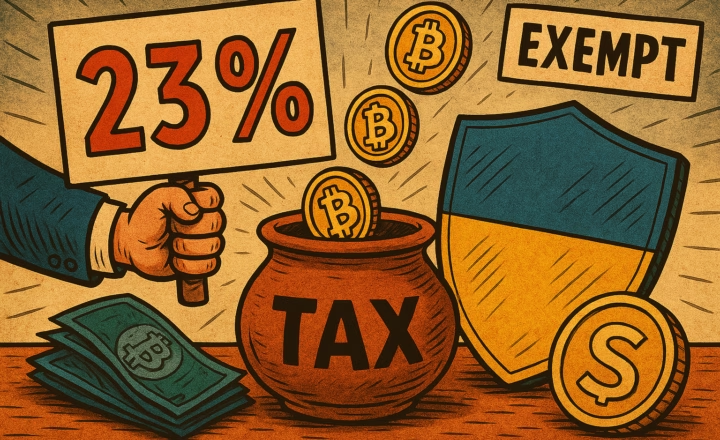Overview of the Virtual Asset Trading Expansion Plan
The Hong Kong government has unveiled a new policy aimed at expanding the virtual asset (cryptocurrency) trading market. On February 19, 2025, Julia Leung, CEO of the Hong Kong Securities and Futures Commission (SFC), stated at an international conference that the regulator is considering approving derivatives as a new category of crypto asset products and lifting the ban on margin trading for certain investors. This policy direction was presented as part of Hong Kong’s strategy to become a digital asset hub in Asia.
On the same day, Financial Secretary Paul Chan revealed that the authorities have already issued licenses to nine digital asset trading platforms, with another eight license applications in progress. Chan also mentioned that work has begun on a regulatory framework for stablecoins (cryptocurrencies pegged to fiat currency). These measures are included in the “ASPIRe” roadmap strategy announced by Hong Kong authorities, which serves as a guide for expanding the city’s virtual asset ecosystem.
Changes in the Regulatory Environment and Strategy
Hong Kong’s regulatory environment for virtual assets has undergone major changes in recent years. While mainland China imposed an outright ban on cryptocurrency trading in 2021, the Hong Kong Special Administrative Region government announced its own crypto development plan in 2022 and began efforts to foster the market. Since then, a licensing regime for exchanges has been put in place, and in 2023 some licensed exchanges were allowed to offer services to retail investors. However, trading for individuals was initially limited to a few major tokens such as Bitcoin (BTC) and Ethereum (ETH), and only a small number of companies obtained licenses.
Hong Kong authorities have emphasized balancing investor protection with market development, and the new ASPIRe roadmap continues that approach. The roadmap consists of the following five pillars, which outline upcoming initiatives in a systematic way:
- Access: Introduce new licensing frameworks for over-the-counter (OTC) trading and custodial service providers, making market entry easier.
- Safeguards: Strengthen investor protection and market reliability through strict operational requirements and robust compliance measures.
- Products: Expand the range of permissible products by approving new token listings and allowing derivative trading.
- Infrastructure: Modernize market surveillance with advanced technologies to enhance the safety and efficiency of trading.
- Relationships: Improve regulations through dialogue with the industry and international cooperation, encouraging constructive stakeholder engagement.
Hong Kong authorities also plan to establish stablecoin regulations as early as 2024, aiming to improve trust in digital assets pegged to official currencies. This phased development of regulations combined with gradually expanding trading freedoms forms the core of Hong Kong’s strategy.
Impact on the Market
The announcement of this new policy has heightened both domestic and international interest in Hong Kong’s virtual asset market, spurring overseas trading platforms and investors to consider entering the market. For example, the New York–based exchange Bullish has obtained a license to operate in Hong Kong, signaling the beginning of increased foreign participation.
The introduction of derivative trading and new token listings is a major attraction for market participants. An expanded variety of products will broaden investment opportunities and is expected to lead to higher trading volumes and greater liquidity. Currently, around 10 exchanges are licensed in Hong Kong, but their trading volumes remain far below those of major U.S. exchanges. It is anticipated that expanding product offerings through regulatory easing will help narrow this gap. Moreover, as other financial centers like Singapore and Dubai are also striving to become crypto asset hubs, Hong Kong’s proactive measures are significant and will likely influence the competition to attract capital in Asia.
Reactions from Stakeholders
The expansion strategy has been met with largely positive feedback from both the government and the industry. Legislative Council member Johnny Ng stated that the roadmap addresses market concerns and said he “welcomes” the initiative. He noted that trading volume on Hong Kong’s exchanges is still only on the order of tens of millions of U.S. dollars per day, compared to tens of billions on major U.S. exchanges. Ng expressed hope that the introduction of derivatives and a wider range of tradable tokens will boost market liquidity.
Companies and investors in the crypto asset industry have also responded positively. Many believe that clearer regulations and more trading opportunities will give a strong boost to crypto businesses operating in Hong Kong. On the other hand, some caution that maintaining a balance between investor protection and market expansion is crucial, and stakeholders are closely watching the detailed design of the forthcoming regulations.










